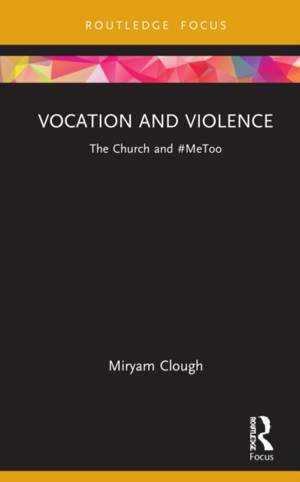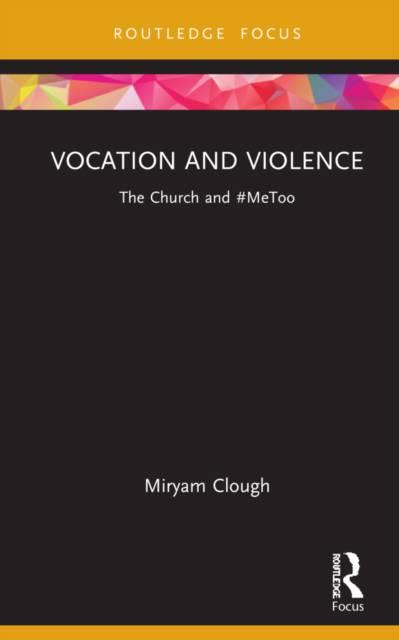
- Afhalen na 1 uur in een winkel met voorraad
- Gratis thuislevering in België vanaf € 30
- Ruim aanbod met 7 miljoen producten
- Afhalen na 1 uur in een winkel met voorraad
- Gratis thuislevering in België vanaf € 30
- Ruim aanbod met 7 miljoen producten
Omschrijving
As #MeToo and its sister movement #ChurchToo demonstrated, sexual violence is systemic in many and varied workplace settings, including Christian churches, and can destroy women's careers and vocational aspirations.
The study draws on empirical evidence - personal stories from survivors and the views of church leaders and educators - in dialogue with theoretical perspectives, to consider clergy sexual abuse of adult women and the conditions that support it. Institutional abuse only changes when survivors come forward. This study focusses on New Zealand Anglicanism, the locus of the author's experience, and has resonance for a range of denominational settings. It aims to be a useful resource to clergy, ministry educators, and those training for ministry, and to academics and scholars with an interest in theology, gender, and professional ethics. Notably, it will be a potentially helpful text for women survivors of sexual misconduct by clergy, not least those who are considering a future in the church or grieving the loss of one.
The volume concludes by suggesting that alternative theological models and relational ethics are essential if the church is to truly address the problem of clergy sexual abuse and give greater priority to the abused.
Specificaties
Betrokkenen
- Auteur(s):
- Uitgeverij:
Inhoud
- Aantal bladzijden:
- 120
- Taal:
- Engels
- Reeks:
Eigenschappen
- Productcode (EAN):
- 9780367751456
- Verschijningsdatum:
- 18/01/2022
- Uitvoering:
- Hardcover
- Formaat:
- Genaaid
- Afmetingen:
- 140 mm x 216 mm
- Gewicht:
- 290 g

Alleen bij Standaard Boekhandel
Beoordelingen
We publiceren alleen reviews die voldoen aan de voorwaarden voor reviews. Bekijk onze voorwaarden voor reviews.











